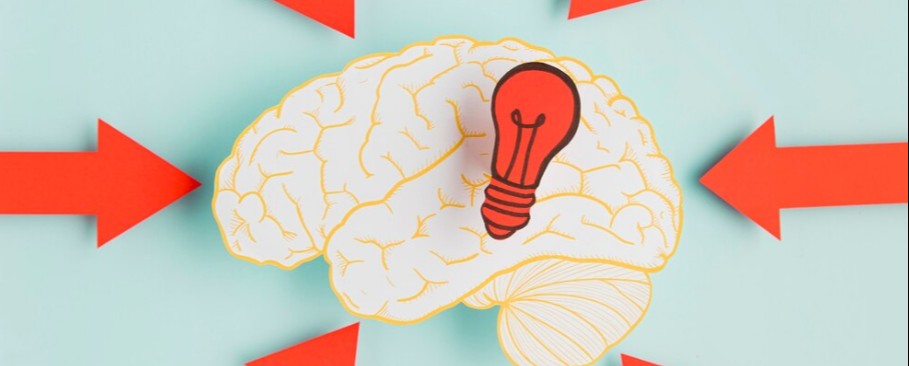
Minority Mental Health Awareness

Minority Mental Health Awareness
Mental health is a critical aspect of overall well-being, yet for minority communities, accessing mental health resources and support can be particularly challenging. Minority Mental Health Awareness is crucial in shedding light on the unique issues faced by these communities, breaking down the stigma, and fostering a more inclusive and supportive environment for mental health care. This article delves into the problems and stigma associated with minority mental health, the influence of culture, and strategies to improve and empower mental health in minority populations.
Understanding the Challenges
Minority communities often face a myriad of obstacles when it comes to mental health. These challenges can be broadly categorized into systemic barriers, stigma, and cultural influences.
Systemic Barriers:
- Access to Care: Minority populations frequently encounter difficulties accessing mental health care due to geographic, financial, and logistical barriers. There is often a lack of mental health facilities in minority-dense areas, and the high cost of care can be prohibitive for many.
- Insurance Coverage: Many minorities are either uninsured or underinsured, limiting their ability to seek professional help. This issue is compounded by the fact that insurance plans may not cover mental health services adequately.
- Language Barriers: Non-English speakers or those with limited English proficiency can struggle to find providers who speak their language, making it difficult to communicate their needs and receive appropriate care.
- Provider Bias: There can be a lack of cultural competence among mental health providers, leading to misdiagnoses, ineffective treatments, and a general mistrust in the healthcare system.
Stigma:
Stigma around mental health is pervasive across all demographics but is particularly pronounced in minority communities. This stigma manifests in various ways:
- Cultural Perceptions: In many minority cultures, mental health issues are often seen as a sign of weakness or moral failing, leading individuals to hide their struggles rather than seek help.
- Fear of Discrimination: Many minorities fear that acknowledging a mental health issue will lead to discrimination in their personal and professional lives, further discouraging them from seeking support.
The Influence of Culture
Culture plays a significant role in shaping attitudes towards mental health and the ways in which individuals experience and express psychological distress. Understanding these cultural nuances is vital for providing effective mental health care.
Cultural Values and Beliefs:
- Collectivism vs. Individualism: Many minority cultures emphasize collectivism, where the needs of the group are prioritized over the individual. This can discourage individuals from seeking help, as they may feel it brings shame or dishonor to their family or community.
- Spirituality and Traditional Healing: Some cultures prefer traditional or spiritual healing practices over Western medical approaches. While these practices can be beneficial, they may not always address the root of mental health issues, and integrating these approaches with conventional treatments can be challenging.
- Communication Styles: Different cultures have varied ways of expressing emotions and distress. For example, some cultures may express psychological pain through physical symptoms, which can lead to misdiagnosis if healthcare providers are not culturally aware.
Strategies for Improvement and Empowerment
Addressing minority mental health requires a multifaceted approach that includes raising awareness, enhancing accessibility, and fostering cultural competence among healthcare providers.
Platforms like Chearful provide access to therapists from diverse cultural backgrounds who offer online therapy. This ensures that individuals can find providers who understand and respect their cultural contexts, enhancing the effectiveness of mental health care. Expanding online health services can overcome geographic and logistical barriers, making it easier for individuals in remote or underserved areas to access care. Increasing the availability of bilingual mental health professionals and offering translation services can help bridge the language gap.
Empowering Minority Mental Health
Empowering minority communities to take control of their mental health involves creating an environment where seeking help is normalized and accessible. This can be achieved through community-based initiatives, peer support programs, and integrating mental health services into primary care settings. Additionally, policies that address social determinants of health, such as poverty, education, and housing, can alleviate some of the systemic stressors that disproportionately affect minority populations.
Conclusion
Minority Mental Health Awareness is not just about recognizing the challenges but actively working towards solutions that promote equity and inclusion in mental health care. By understanding the unique barriers faced by minority communities and implementing culturally competent, accessible, and empowering strategies, we can create a mental health care system that serves everyone effectively. It’s time to break down the stigma, bridge the gaps, and ensure that all individuals, regardless of their background, have the opportunity to achieve mental wellness.
Articles
Build your awareness and get inspired with our researched articles on how you can strengthen your well-being
Popular Topics
An OTP has been sent to the email address
provided.
Please check your Inbox and Spam folders.

What Would You Like to Speak with a Specialist About?
Mental Fitness Journey starts Now!
Chearful Connects you with Top-tier Qualified Wellness specialists for the Price of a cup of Coffee!

Next Steps
- A Client Team member will reach out to you to schedule a session with the most suitable specialist.
- You will receive an email with a 10% Discount Code* for your 1st session.
- We invite you to Explore the Platform & Sign Up today! *Upto a maximum of $10 discount on a session purchased




 1558 Read
1558 Read

.jpg)






.jpg)

































